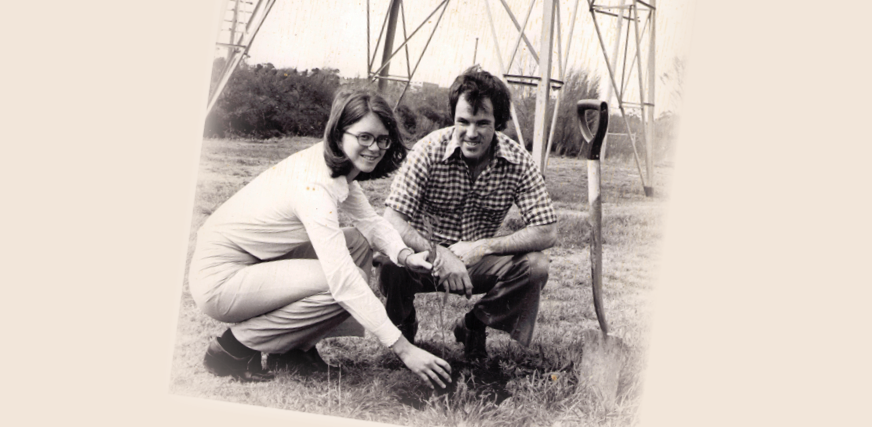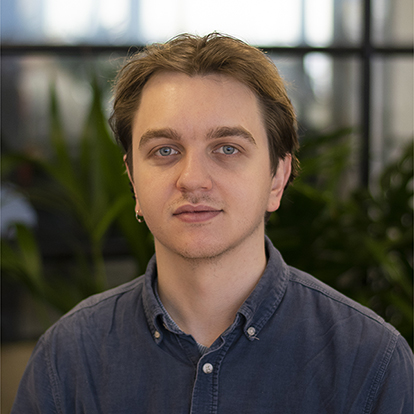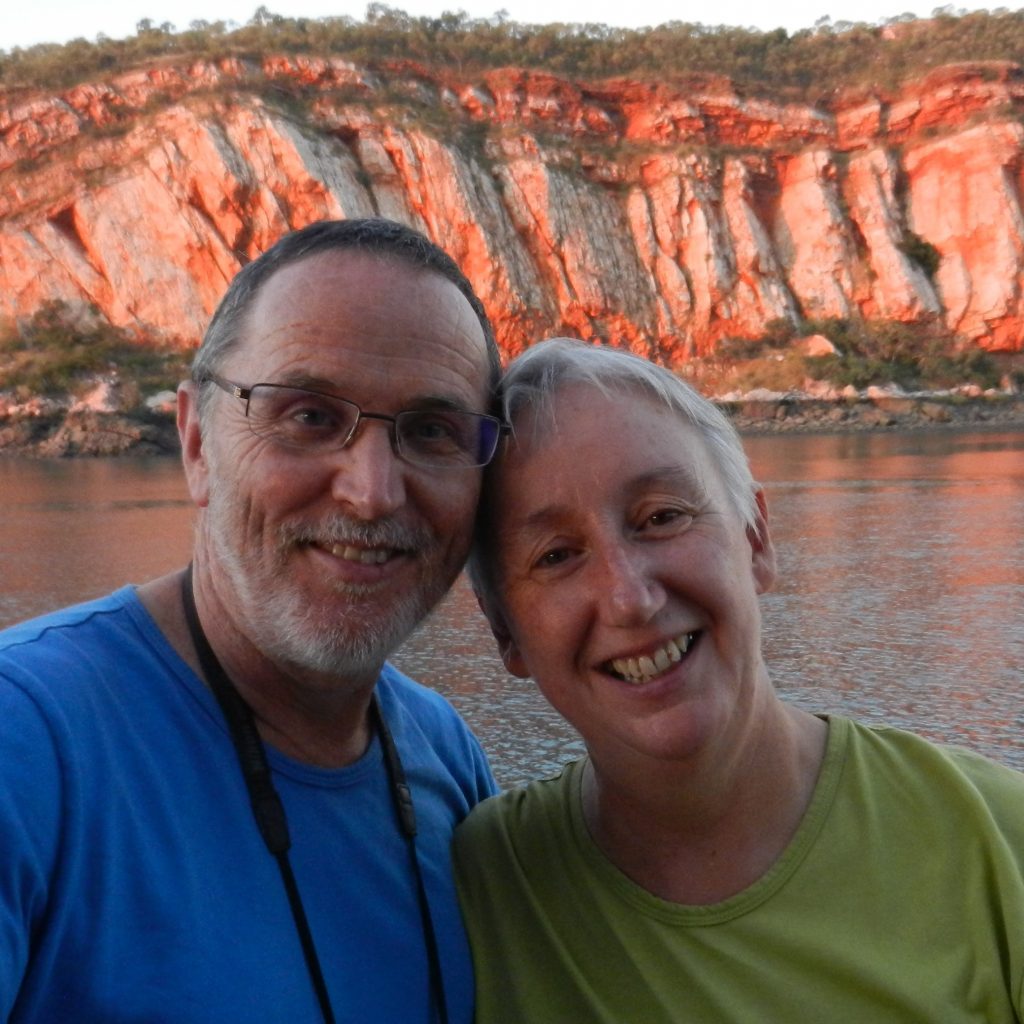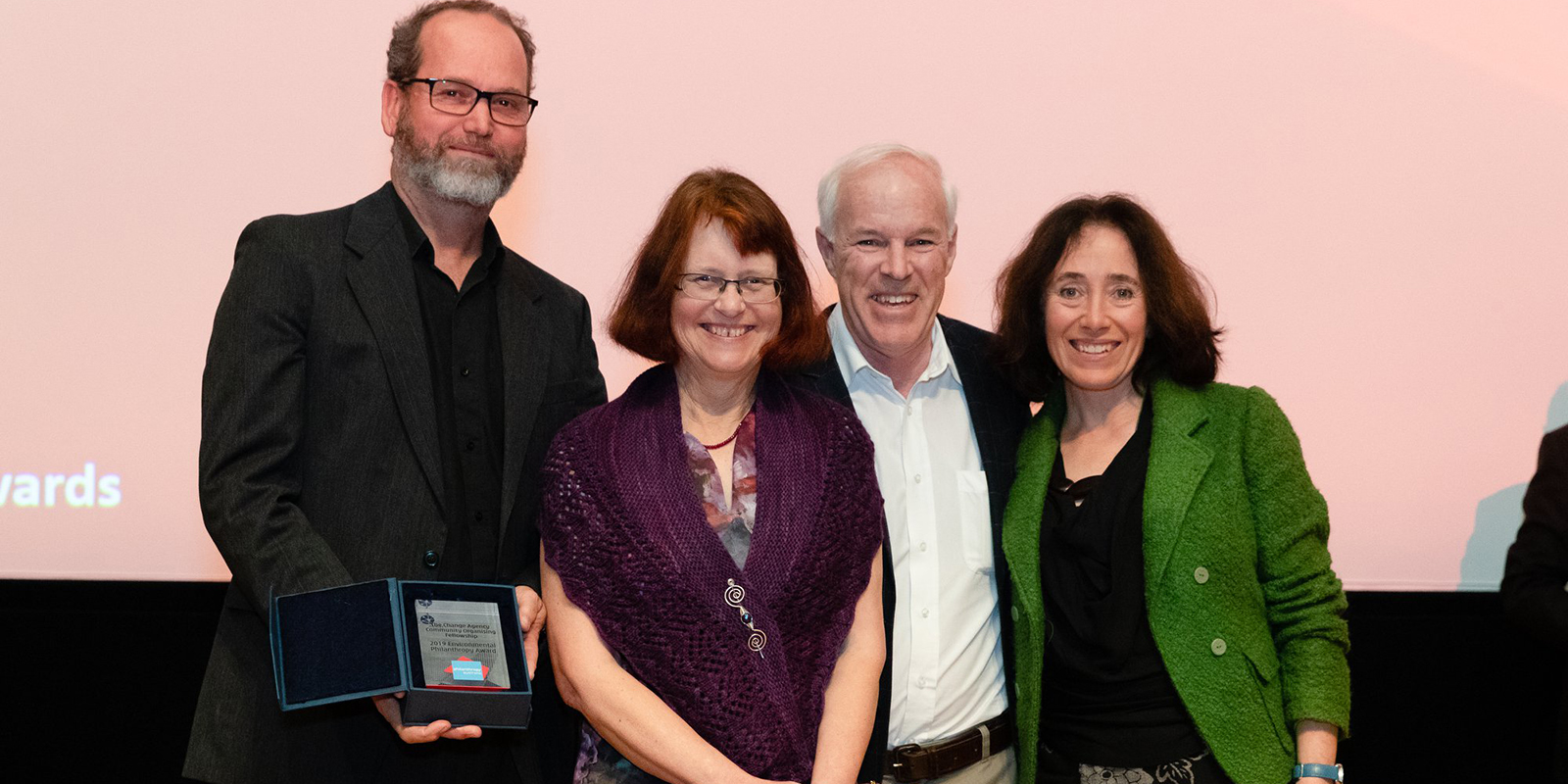Melbourne-based couple Linda Parlane and John Stone understand what it takes to make change.

‘You’ve got to be optimistic’: Playing the long game with environmental giving
The Melliodora Fund’s Bruce and Ann McGregor reflect on their long and varied history in safeguarding the environment and what they’ve learnt about optimism and our connections with nature along the way.



